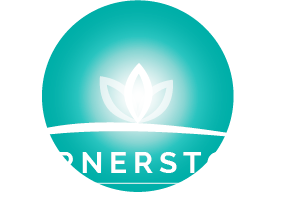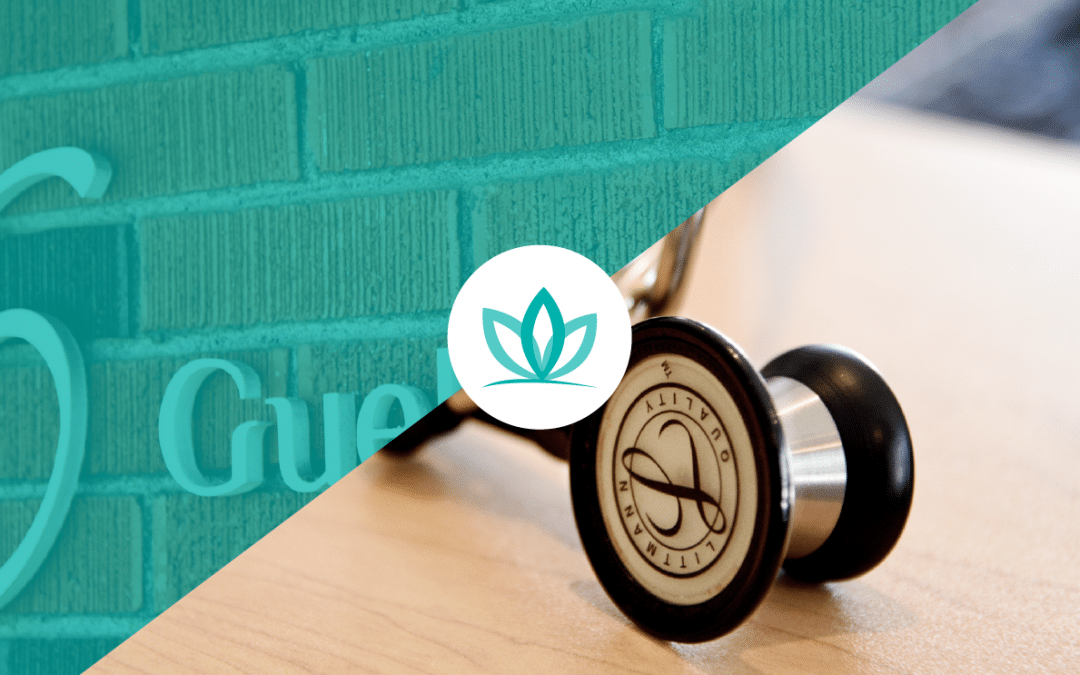Many of us notice that solid, undisturbed sleep becomes elusive in mid-life. After 40, most men and women start to experience interrupted sleep, restless sleep and/or frank insomnia. Why does sleep quality change is this decade for so many of us? I like to think of sleep in this decade as a delicate flower – one that is easily affected by any change in its environment. At age 25, you could drink coffee all day, work until 10pm and then go for a jog before bed and STILL sleep like a log (for 5 hours) and get up the next day and do it all over again!
The complicated intersection of adrenal fatigue from chronic stress, dysfunctional clearance of caffeine and alcohol from the liver and hormonal imbalance causing mood changes (anxiety, depression, irritability etc.) make deep, restorative sleep out of reach. While the solution for this early sleep disturbance is inconvenient to some of us, the result of ignoring the problem is a bad idea. Ignoring an early sleep disturbance is like ignoring an early cancer diagnosis. You have a window of opportunity to rebuild your sleep health and by virtue, your health.
Here are some simple, but really important first measures to correct your budding sleep disturbance.
- Absolutely no caffeine after 12 noon
- No chocolate or sweets in the evenings
- No alcohol for 2 weeks
- No exercise after 3pm
- No television or computer for one hour before bed
- Remove electronic devices from the bedroom (or unplug them). This includes any potential source of RFR (radio frequency radiation) including television, cell phone, cordless phones. If you have a digital alarm clock, place it away from the bed and cover the display so that there is no light in the room.
- Remove/block any other source of ambient light in the room
Now that we have taken obvious stimulants out of the equation, you are ready to start your 2 week “sleep challenge”. The purpose of this challenge is to reset your stress hormone production to its normal rhythm. Normally, stress hormone peaks in the morning between 6am and 8am, when you should be rising and ready to face your day. It should bottom out around 10pm, when it is time for bed. This 10pm time for most people becomes a “window of opportunity” for falling asleep. Adherence to this schedule
Sleep Challenge
For 2 weeks, your challenge is to go to bed at 10pm (lights out) and rise before 8am each morning. No exceptions. Every night for two weeks. You may need to plan your evening differently; record your favourite t.v. show or ask your teenagers to go to bed early or be more quiet in the evenings (ear plugs?) and ask your family for their help.
Sleep Aids
Natural sleep aids like melatonin, calcium/magnesium or herbal sleep aids like valerian can be helpful initially. Check with your Naturopath or pharmacist is you have questions about the appropriateness of this approach for you.
Recognizing that midlife sleep patterns become like a delicate flower, will help you solve your sleep disturbance in its infancy. Waiting until you have full blown insomnia will make interventions more difficult and less effective. This basic behavioural approach will help most people sleep more soundly. If for some reason you don’t respond to this approach, then you need some help. Remember that pharmaceuticals for sleep are rarely appropriate and do not address the root cause of the sleep disturbance. Speak to your Naturopathic doctor and get to the root of your sleep disturbance for a long lasting sleep solution.


